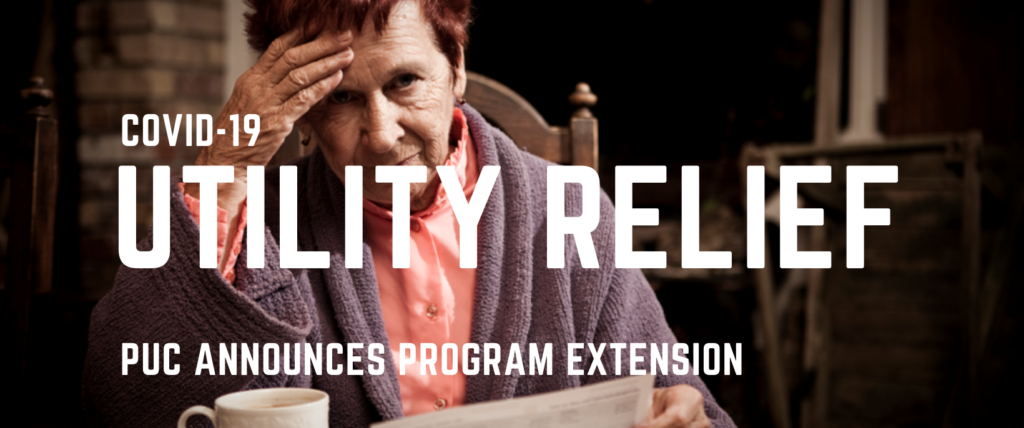
PUC Extends COVID-19 Electricity Relief Program Through August.
________________________________________________
A moratorium of utility disconnections for out-of-work Texans unable to pay their electric bills because of COVID-19 will continue until the end of August, according to recently announced plans by state regulators.

PUC Chair DeAnn Walker
Launched in March, the state’s COVID-19 Electricity Relief Program applies only to residential customers and only to those areas of the state with retail electric deregulation.
The program had been scheduled to end July 17th, but the Public Utility Commission last week directed staff to draft an order to continue it until August 31. The PUC commissioners still must give its final approval during an upcoming agency meeting later this month.
“This pandemic has presented Texas with a dynamic set of challenges that require us to be flexible and nimble in our approach,” said PUC Chair DeAnn Walker, in announcing the extension. “While we certainly wish we could snap our fingers and make this virus go away, it’s clearly with us for the long haul and we need to reflect that in our decisions.”
The electricity relief program is funded by a special charge of 0.033 cents per kilowatt hour added to electricity bills. That works out to about 40 cents for residential customers who use 1,200 kilowatt hours of electricity per month. According to the PUC, the program “is intended to help unemployed customers … by providing protection from disconnections for non-payment and offering bill payment assistance.”
To date, more than 106,000 Texans have enrolled either online or by phone, according to the PUC. Counting Texans in the program due to their inclusion on the state’s low-income list, the ERP program is currently protecting more than 560,000 households from disconnection for non-payment, according to the agency.
More information about the COVID-19 Electricity Relief Program can be found at the PUC website, at this link. Separately, the PUC has warned customers about possible third-party scammers who have offered to help customers to sign up for the Electricity Relief Program. You can read more about that, here.
